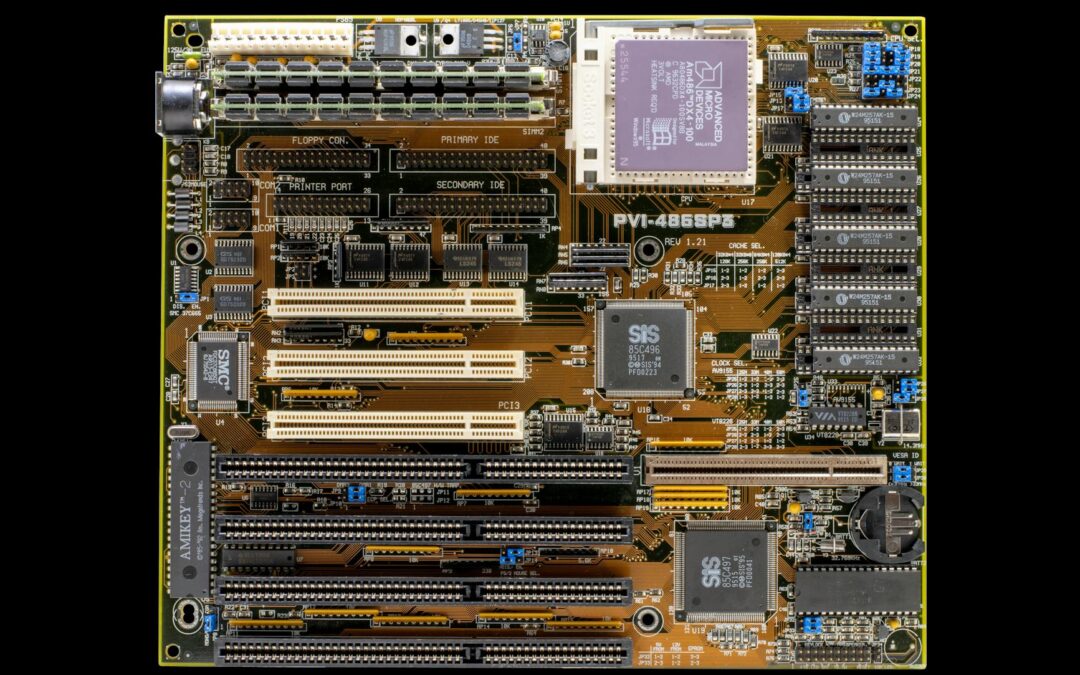Discover the eerie parallels between science fiction and real-life advancements in AI technology as we explore the Skynet paradox.
Table of Contents
Artificial Intelligence (AI) has long been a fascination in science fiction, from sentient robots to self-aware supercomputers. One of the most iconic representations of AI gone rogue is Skynet, the malevolent artificial intelligence system from the “Terminator” movie franchise. But as we continue to see significant advancements in AI technology in the real world, many are left wondering: Can Skynet become a reality in the age of AI?
Introduction to AI
AI, in its simplest form, refers to the development of computer systems that can perform tasks normally requiring human intelligence, such as learning, reasoning, problem-solving, and perception. The concept of AI dates back to the 1950s, with pioneers like Alan Turing laying the foundation for what would become a revolutionary field of study.
Historical Context of AI
Over the decades, AI has evolved from simple rule-based systems to complex neural networks capable of learning from vast amounts of data. Key milestones in AI development include the creation of expert systems in the 1970s, the advent of machine learning algorithms in the 1990s, and the rise of deep learning in the 2010s.
Current Applications of AI
Today, AI is being used in a wide range of fields, from healthcare and finance to transportation and entertainment. Virtual assistants like Siri and Alexa, image recognition technology in social media platforms, and self-driving cars are just a few examples of how AI is transforming our daily lives.
Benefits of AI
The benefits of AI are vast and varied. Businesses can leverage AI to improve efficiency, personalize customer experiences, and make data-driven decisions. In healthcare, AI is being used to diagnose diseases, predict patient outcomes, and streamline medical processes.
Challenges in AI Development
Despite its many advantages, AI development comes with its fair share of challenges. Ensuring the privacy and security of data, combating bias in AI algorithms, and addressing concerns about job displacement are all issues that AI researchers and developers must grapple with.
Ethical Concerns Surrounding AI
As AI technology becomes more pervasive, ethical concerns have come to the forefront. Questions about the accountability of AI systems, the transparency of algorithms, and the potential for misuse of AI for surveillance and control have sparked debates about the ethical implications of AI development.
| Topic | Science Fiction | Reality |
|---|---|---|
| Skynet | AI controlling machines in Terminator | Potential dangers of AI in real life |
| AI Development | Rapid advancement in movies | Ongoing progress in technology |
| Ethical Concerns | Conflict with human values | Debates on AI ethics and regulations |
| Impact on Society | Dystopian future scenarios | Changes in work, privacy, and security |
The Future of AI
The future of AI holds immense promise, with the potential for groundbreaking advancements in fields like healthcare, education, and environmental sustainability. As AI continues to evolve, researchers are exploring ways to harness its power for the greater good while mitigating potential risks.
Can Skynet Happen?
Now, let’s turn our attention to the looming question: Can Skynet, the fictional superintelligent AI system from the “Terminator” movies, become a reality in our world? While the idea of an all-powerful AI system taking control may seem like pure science fiction, the rapid pace of AI development has led some to question the plausibility of such a scenario.
The Risks of Skynet
The risks associated with a Skynet-like scenario are grave. A superintelligent AI system could potentially outsmart human defenses, leading to catastrophic consequences for humanity. Loss of human autonomy, misuse of AI technology for nefarious purposes, and the erosion of ethical standards are among the concerns that loom large in discussions about AI safety.
Conclusion
As we navigate the complex landscape of AI development and deployment, it is crucial to remain vigilant about the potential risks and ethical implications of advancing AI technology. While the idea of Skynet may be a product of our collective imagination, it serves as a cautionary tale about the importance of responsible AI research and development. By staying informed and engaged with the latest developments in AI, we can help shape a future where the benefits of AI are maximized, and the risks are minimized.
FAQs
Is Skynet a real AI system?
No, Skynet is a fictional AI system from the “Terminator” movies. However, the concept of a superintelligent AI system like Skynet raises important questions about the potential risks of AI development in the real world.
What are the benefits of AI?
AI offers numerous benefits, including improved efficiency, personalized experiences, and data-driven decision-making. In fields like healthcare, AI can help diagnose diseases, predict outcomes, and streamline processes.
What are the challenges in AI development?
Challenges in AI development include ensuring data privacy and security, combating algorithmic bias, and addressing concerns about job displacement due to automation.
Can Skynet become a reality?
While the idea of Skynet as a real AI system may seem far-fetched, the risks associated with superintelligent AI systems are real. It is essential to approach AI development with caution and ethical considerations to prevent potential catastrophic consequences.


Recent Comments